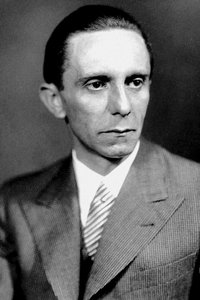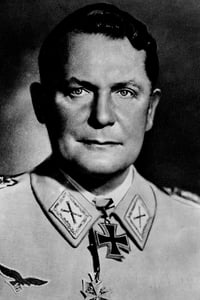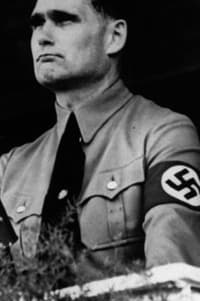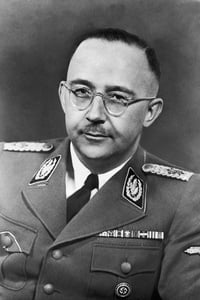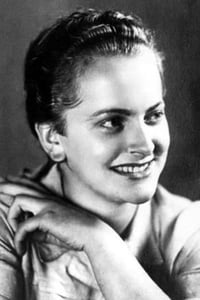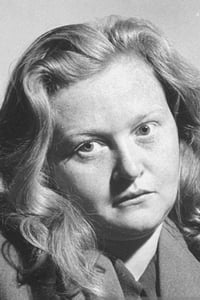Secrets of the Nazi Criminals
Genres
Documentary
OverView
Documents the major trial of the Nazi war criminals and the violent acts that they were accused of.
Others
Budget
$--
Revenue
$--
Status
Released
Original Language
Swedish
Runtime
82 mins
Rating
10/10
Release Date
25 February 1963
Country
Sweden

